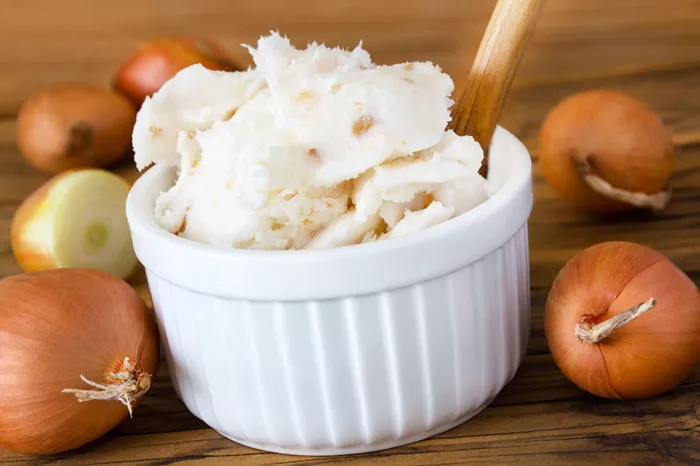A growing trend on social media has seen individuals turning to beef tallow as a skin-care solution, especially for acne-prone skin. Advocates of this animal fat, which is high in fatty acids, claim it possesses remarkable healing properties. Numerous users on platforms like Reddit and TikTok report that beef tallow has significantly diminished their blemishes. But can this byproduct, often perceived as a pore-clogging agent, truly benefit skin health?
The Science Behind Beef Tallow and Acne
The allure of beef tallow for treating acne lies in its fatty acid composition. Dr. Michele Green, a board-certified dermatologist based in New York, notes that beef tallow is rich in emollients, making it a powerful moisturizer. “Beef tallow contains fatty acids such as oleic and linoleic acid, which have anti-inflammatory properties,” she explains. “These can help reduce the redness and swelling associated with acne.”
However, experts caution against its use. Dr. Ober Ibrahim, a dermatologist in Chicago, points out that while some claim beef tallow exhibits retinol-like effects due to its vitamin A content, there is insufficient evidence to support these claims for acne treatment. “The occlusive nature of beef tallow can actually worsen acne by trapping oils and debris,” he states. Dr. Green concurs, warning that using beef tallow may exacerbate conditions for those already prone to breakouts.
Assessing the Efficacy of Beef Tallow
For those considering this unconventional treatment, Dr. Green emphasizes the need for realistic expectations. “Although some anecdotal evidence suggests quick improvements in skin texture, there’s no clinical data to confirm that beef tallow can clear acne within a specific timeframe,” she says. Dr. Ibrahim agrees, highlighting that skin reactions can vary significantly from person to person, further complicating the reliability of results.
Both dermatologists advise caution for acne sufferers exploring beef tallow. “Consulting with a dermatologist before trying new treatments is crucial,” Dr. Green recommends.
The Risk of Clogged Pores
When it comes to pore clogging, experts are clear: beef tallow can indeed create problems. Dr. Green states, “While beef tallow can form a protective barrier on the skin, it can also trap oils and bacteria, leading to clogged pores.” Emme Diane, an esthetician and founder of Emme Diane Skincare, adds that beef tallow’s comedogenic properties make it particularly unsuitable for those prone to breakouts. “Ingredients that solidify at room temperature but melt upon heating, like beef tallow, are likely to clog pores,” she notes.
Recommended Alternatives
For those seeking hydration without the risk of acne, Dr. Ibrahim suggests exploring alternative moisturizing options. “Consider using ceramides, niacinamide, or natural oils that are less likely to clog pores,” he advises. Plant-based oils such as jojoba and coconut oil have been studied more thoroughly and are known to benefit skin health without contributing to breakouts.
Conclusion
While beef tallow may offer some benefits for extremely dry skin, it poses significant risks for those with acne-prone skin. “Always perform a patch test on new products and consult a dermatologist if you’re uncertain about an ingredient’s suitability for your skin type,” Dr. Green advises. In the ever-evolving world of skin care, informed choices are paramount.
Related topic:
What is the best treatment for acne scars and wrinkles?
8 Ways to Treat Acne Under Eyes
Can microdermabrasion remove acne scars?


